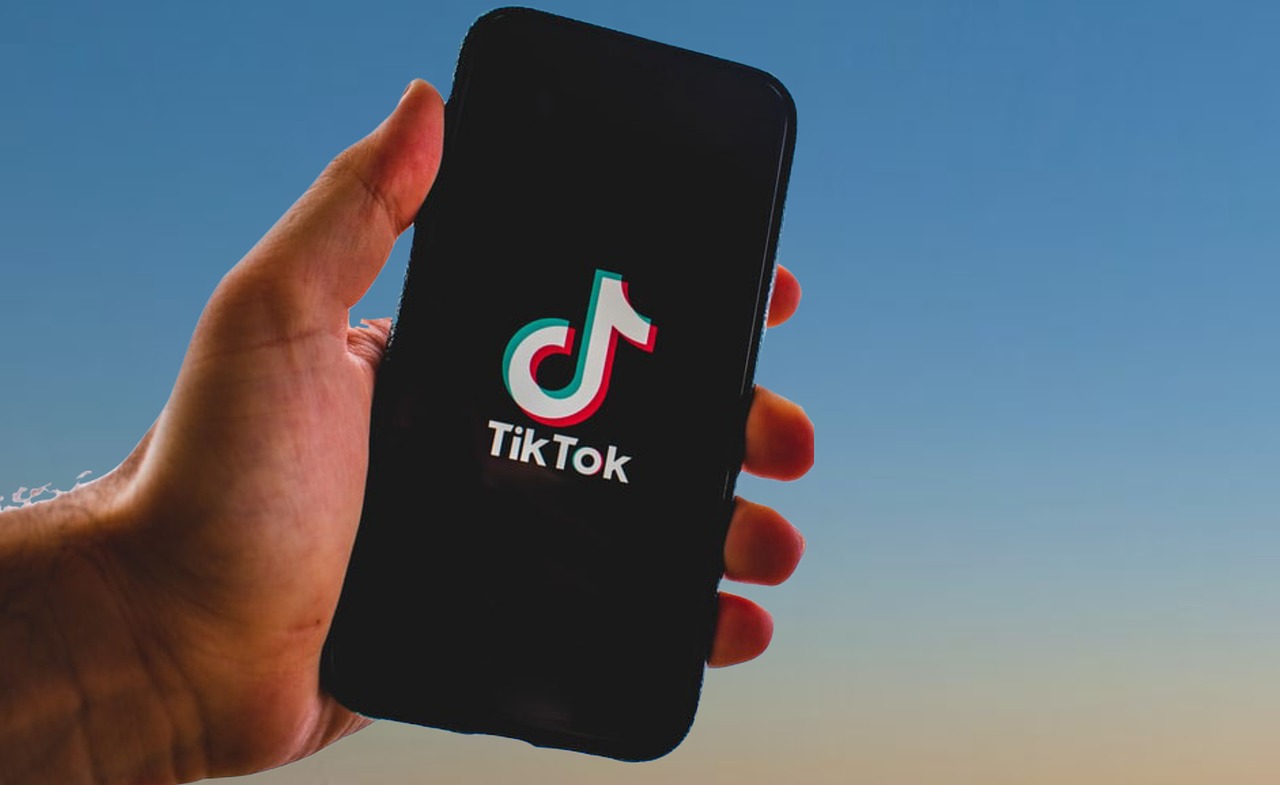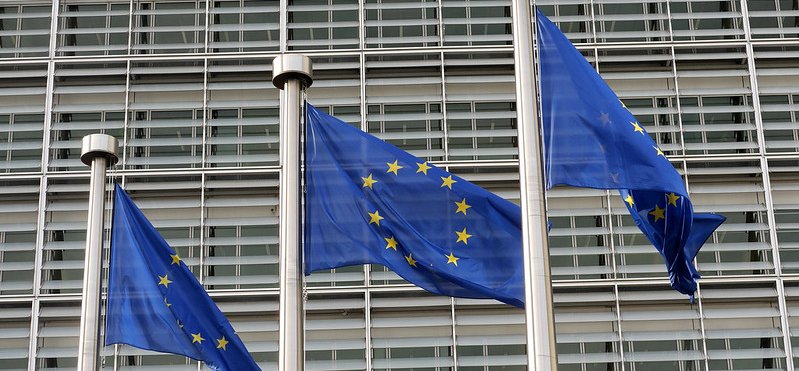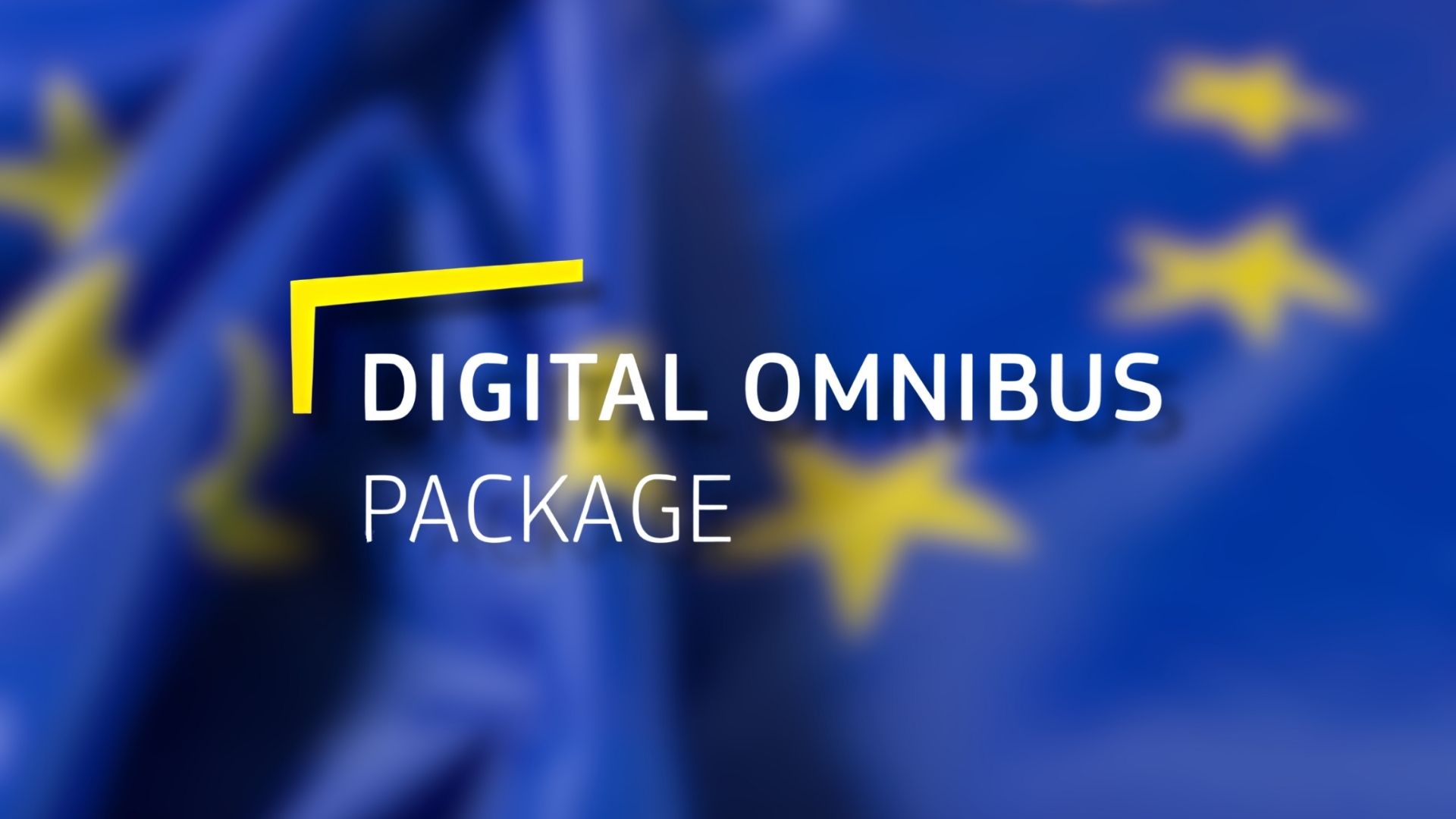French President Emmanuel Macron has called for an accelerated legislative process to introduce a nationwide ban on social media for children under 15 by September.
Speaking in a televised address, Macron said the proposal would move rapidly through parliament so that explicit rules are in place before the new school year begins.
Macron framed the initiative as a matter of child protection and digital sovereignty, arguing that foreign platforms or algorithmic incentives should not shape young people’s cognitive and emotional development.
He linked excessive social media use to manipulation, commercial exploitation and growing psychological harm among teenagers.
Data from France’s health watchdog show that almost half of teenagers spend between two and five hours a day on their smartphones, with the vast majority accessing social networks daily.
Regulators have associated such patterns with reduced self-esteem and increased exposure to content linked to self-harm, drug use and suicide, prompting legal action by families against major platforms.
The proposal from France follows similar debates in the UK and Australia, where age-based access restrictions have already been introduced.
The French government argues that decisive national action is necessary instead of waiting for a slower Europe-wide consensus, although Macron has reiterated support for a broader EU approach.
Would you like to learn more about AI, tech and digital diplomacy? If so, ask our Diplo chatbot!










